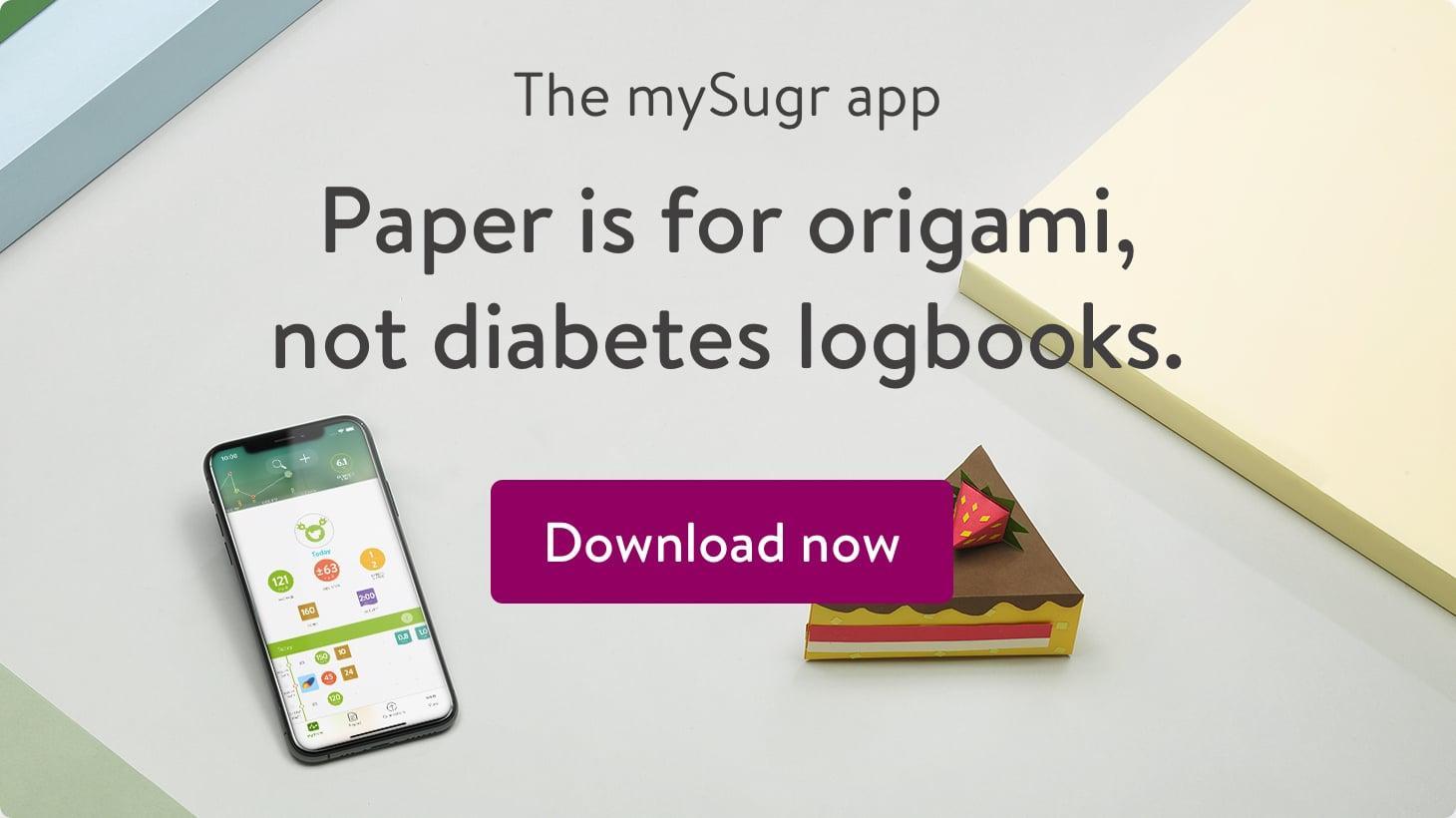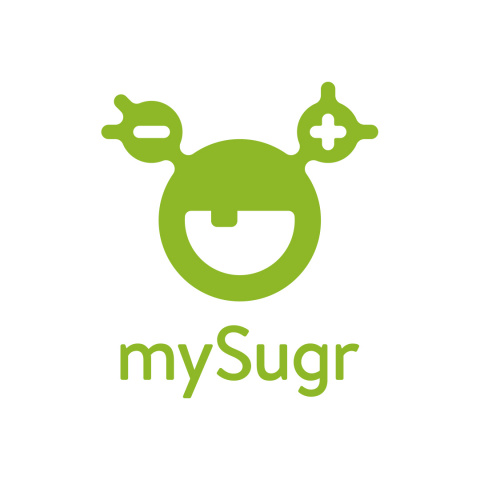Can you have low blood sugar with type 2 diabetes? The answer is yes! People with type 2 diabetes who take certain types of medication are more at risk for lows (hypoglycemia). But don't worry, if you know about the reasons, symptoms, and treatment, there's no need to be afraid!
Low blood sugar
In 2013, results from the DAWN2 study were announced. It was the largest study of its kind (15,000 participants) on the "fears & needs of people with diabetes and their families." One result stood out: The gravest fears are related to low blood sugars, especially at night. Up to 69% of the participants share this fear!
So! Can you have low blood sugar with type 2 diabetes? Yes!
But let's think about who exactly is at risk – and why.

So... what do I need to know?
Maybe it's more accurate to say that people with type 2 diabetes who take certain types of medication are more at risk for lows. We're getting closer! But to get to the truth, we should take a look at someone without diabetes. Is it possible for them to have lows, too?
Theoretically yes, especially if doing long-lasting physical activities without proper food intake. Additionally, extreme stress and binge drinking are also common causes of low blood sugar for people without diabetes.
However, it's pretty rare because as soon as BG's drop, the body's natural counterregulatory system kicks in, raising blood sugar back to normal levels. It stops the production of insulin and activates its stress system.
I've never experienced hypoglycemia (a fancy word for low blood sugar), even though I am very active and eat a rather low carb diet.
Low blood sugar risks with insulin and sulfonylureas
There are different types of drugs used to manage diabetes. They are put into different classes depending on how they work.
- Those who manage their blood sugar with diet and exercise don't have to worry much. The risk of hypoglycemia is the same as non-diabetics.
- Reassuringly, those who only take drugs that limit the amount of sugar released from the liver and slow down the absorption of carbohydrates in the intestines (Metformin, for example), also have a very low risk.
- Those using insulinotropic agents (sulfonylureas like Glipizide, Glyburide, etc.), which stimulate or affect the production of insulin, need to be especially careful, as does anyone using insulin.
- Shockingly, while insulin-dependent people with diabetes experience many more low blood sugars, it is the patient group using sulfonylureas who have more severe low blood sugars requiring emergency assistance. That may ultimately be because those using insulin understand the risks for lows and are often better prepared for them.
Hypoglycemia symptoms with normal glucose levels
There is such a thing as pseudo-hypoglycemia. This happens when glucose levels are continuously high for a long time then are suddenly brought down to normal. It's as if the body becomes accustomed to the higher range, then panics when levels drop to normal, responding with hormones like cortisol and adrenaline.
Info: Hypoglycemia is usually defined as blood glucose levels below 70 mg/dl (or 4.0 mmol/L). However, your doctor may give you a different blood glucose number that is considered too low for you.
What should I do if I experience a hypoglycemia?
Low blood sugar can be treated quickly with fast-acting glucose. If you are at risk for lows, you should always have something fast and sweet with you. Glucose tabs, for example, are available at any pharmacy, are relatively affordable, and are designed to digest quickly and raise blood glucose fast.
Other options are fruit juice, regular (non-diet) soda, candies (before glucose tabs, Life Savers were literal!), or other sources of carbohydrates. It is important that whatever you use to treat the low does not contain a lot of fat or fiber, which slows digestion and takes longer to raise blood sugar.
The general guidelines are to eat 15-20 grams of glucose or simple carbohydrates then check your blood sugar again in 15 minutes. If you are still low, repeat.
If you experience low blood sugars often, talk to your doctor. Together, you'll be able to figure out why they are happening and then make adjustments, so they don't happen so often.
What are the symptoms of low blood sugar? How do I know I'm experiencing a low blood sugar?
All this talk about lows, and we haven't told you what to watch out for! Shame on us.
The signs and symptoms of low blood sugars happen quickly, can vary a lot, and can even be different each time. The American Diabetes Association has a comprehensive list:
- Shakiness
- Nervousness or anxiety
- Sweating, chills and clamminess
- Irritability or impatience
- Confusion, including delirium
- Rapid/fast heartbeat
- Lightheadedness or dizziness
- Hunger and nausea
- Sleepiness
- Blurred/impaired vision
- Tingling or numbness in the lips or tongue
- Headaches
- Weakness or fatigue
- Anger, stubbornness, or sadness
- Lack of coordination
- Nightmares or crying out during sleep
- Seizures
- Unconsciousness
As noted, these can happen quickly. And did you notice that one symptom is confusion? And another is unconsciousness? That's why it's important to treat low blood sugar quickly. You have to take care as fast as possible, or you may not be able to help yourself.
Be cautious but don't be afraid!
Low blood sugars can be scary, but they don't have to be something to be afraid of. Now you know a little more about them, why they happen, what to watch for, and how to treat them. Being knowledgeable and prepared will help keep you safe.

The mySugr website does not provide medical or legal advice. mySugr blog articles are not scientific articles, but intended for informational purposes only.
Medical or nutritional information on the mySugr website is not intended to replace professional medical advice, diagnosis or treatment. Always consult a physician or health care provider with any questions you may have regarding a medical condition.





